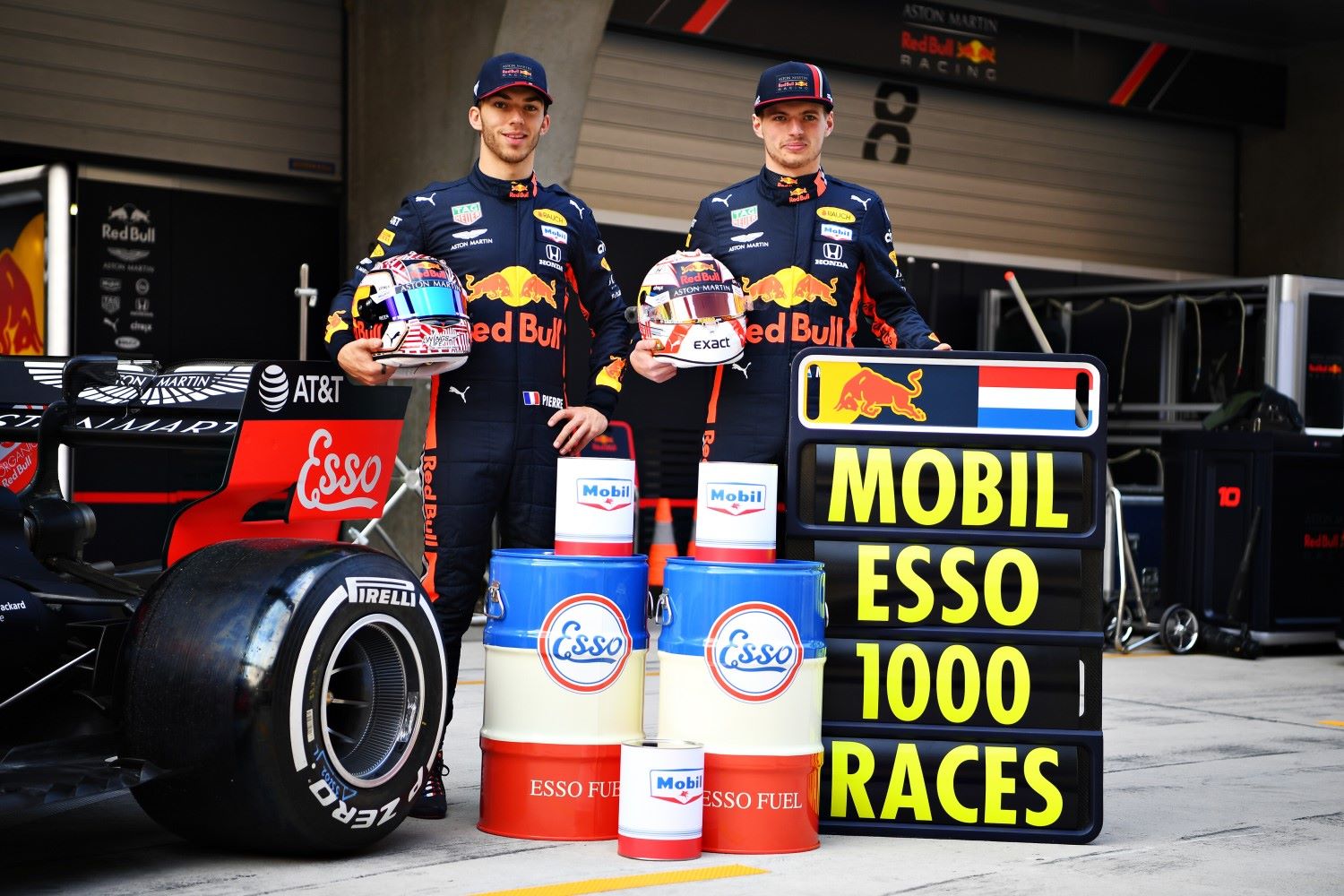F1 News: Teams worry about skyrocketing ‘tree-hugger’ fuel costs
(GMM) Formula 1 team bosses are becoming increasingly alarmed at the imminent skyrocketing cost of powering the 2026 generation of cars with ‘tree-hugger’ fuel.

In a paradoxical twist, the electrical component of the power units next year will increase to a whopping 50 percent – but the cost of the fuel is set to multiply by a factor of ten.
This year’s more standard fuel costs teams about $30 a liter, but one engine manufacturer reportedly mentioned at the recent F1 Commission meeting that the fully-sustainable fuel next year will tip the scales at an incredible $300 per liter.
Christian Horner, who leads the Red Bull team which is setting up its own power unit subsidiary in collaboration with Ford, played down the concerns.
Related Article: F1 News: Racing Bulls signs ExxonMobile to be their Fuel Partner
“Personally, for us, it’s not a significant issue,” he said. “Maybe a certain bracket should be introduced going forward,” Horner added, referring to potential tweaks to the budget cap.
“But fuel is potentially one of the bigger performance differentiators. The fuel companies seem very engaged in that,” he said.
Mercedes boss Toto Wolff explained why the fuel costs are set to skyrocket.
“It’s that the whole supply chain and energy contribution needs to be green,” he said. “To achieve all of that, you need a certain specification of ingredients that is very expensive – and it’s coming in much more expensive than anyone thought……to appease the tree-huggers
“So we need to look at whether there’s anything we can tweak to bring the per-liter price down.”
However, Mercedes is also believed to be extremely confident about its likely competitiveness at the start of the new regulations, in part because of the ingenuity and investment of team fuel partner Petronas.
“We want to be open-minded,” said the Austrian. “Petronas has been a great partner of ours. They’re fully committed technically to the project, and with them, we’re evaluating if there’s a regulation that can be changed to make it more financially sustainable.”
Related Article: Formula 1 News: The Secrets of Mercedes F1 Fuel
